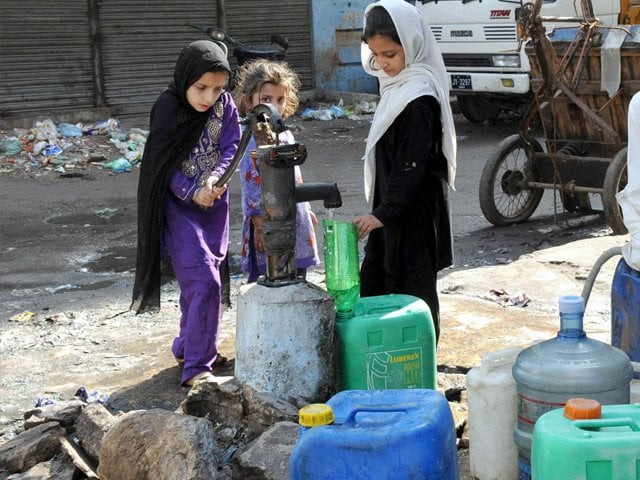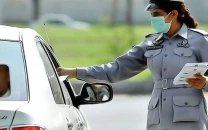Plan in place to tackle water shortage
All perennial channels in system will be closed from Oct 20 till 31

PHOTO: EXPRESS
Punjab Irrigation Minister Amanatullah Khan Shadi Khel said the irrigation department would try its best by managing both its perennial and non-perennial channels to ensure that the Rabi crop was not affected by the unusual drop of water availability. He was speaking at a departmental meeting held on Thursday.
Water shortage predicted across Pakistan
The minister said that all perennial channels in the system would be closed from October 20th to October 31st and will operate on full capacity from November 1 onwards.
This schedule has been developed keeping in view the irrigation requirements of farmers of the province and has also been shared with the agriculture department, he said. The minister said that in order to meet the water shortage challenge, the irrigation department has devised a canal operation schedule in consultation with the agriculture department, according to which non-perennial channels will also be operated for 15 days in November, depending upon the irrigation requirements in their command area.
Pakistan at threshold of water scarcity
Non-perennial channels in the Punjab irrigation system are normally operated from April to October. According to the Indus River System Authority (IRSA), Punjab would receive 20% less water than its entitled share for the wheat crop due to lower-than-usual river flows.
The minister informed the meeting that a drop in the monsoon rainfall this year and an earlier than normal onset of winter in the Himalayas were the two of the main reasons for the unusual water shortage in the system.
Published in The Express Tribune, October 20th, 2017.



















COMMENTS
Comments are moderated and generally will be posted if they are on-topic and not abusive.
For more information, please see our Comments FAQ